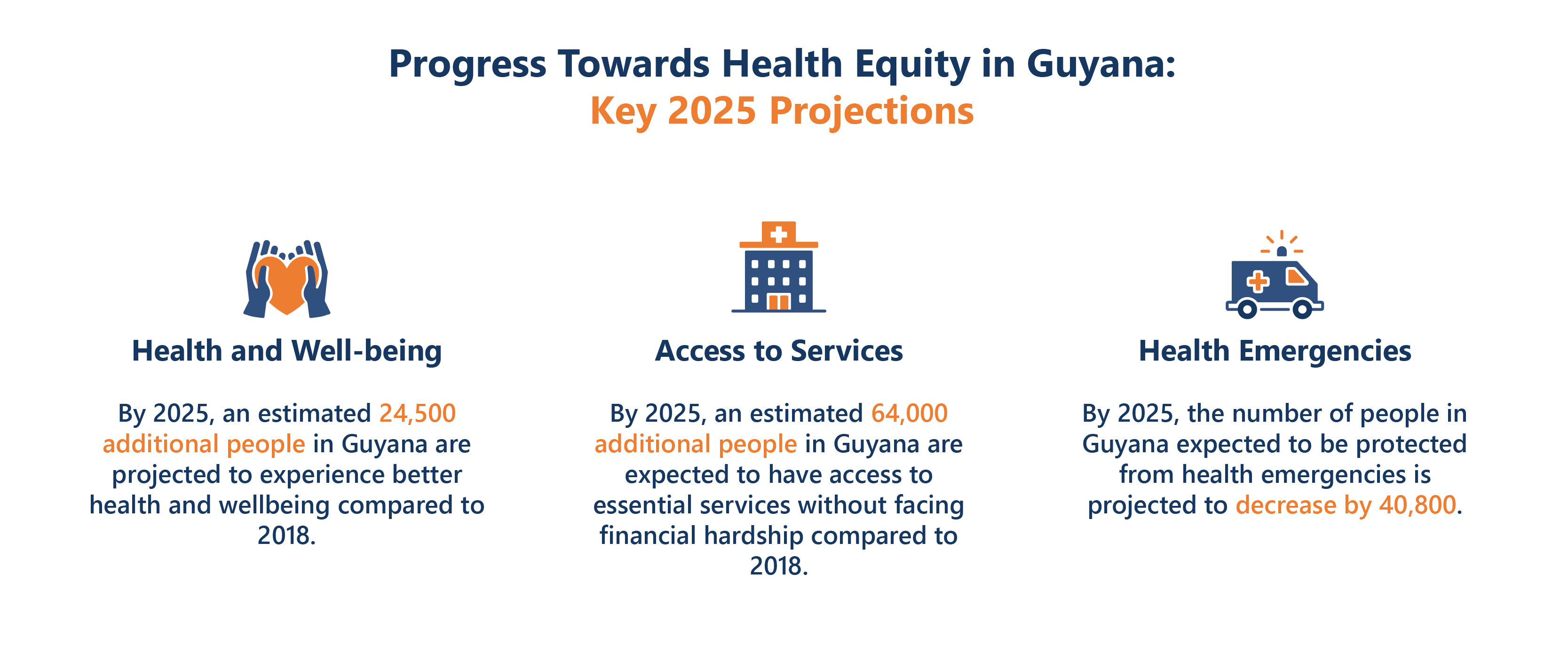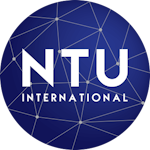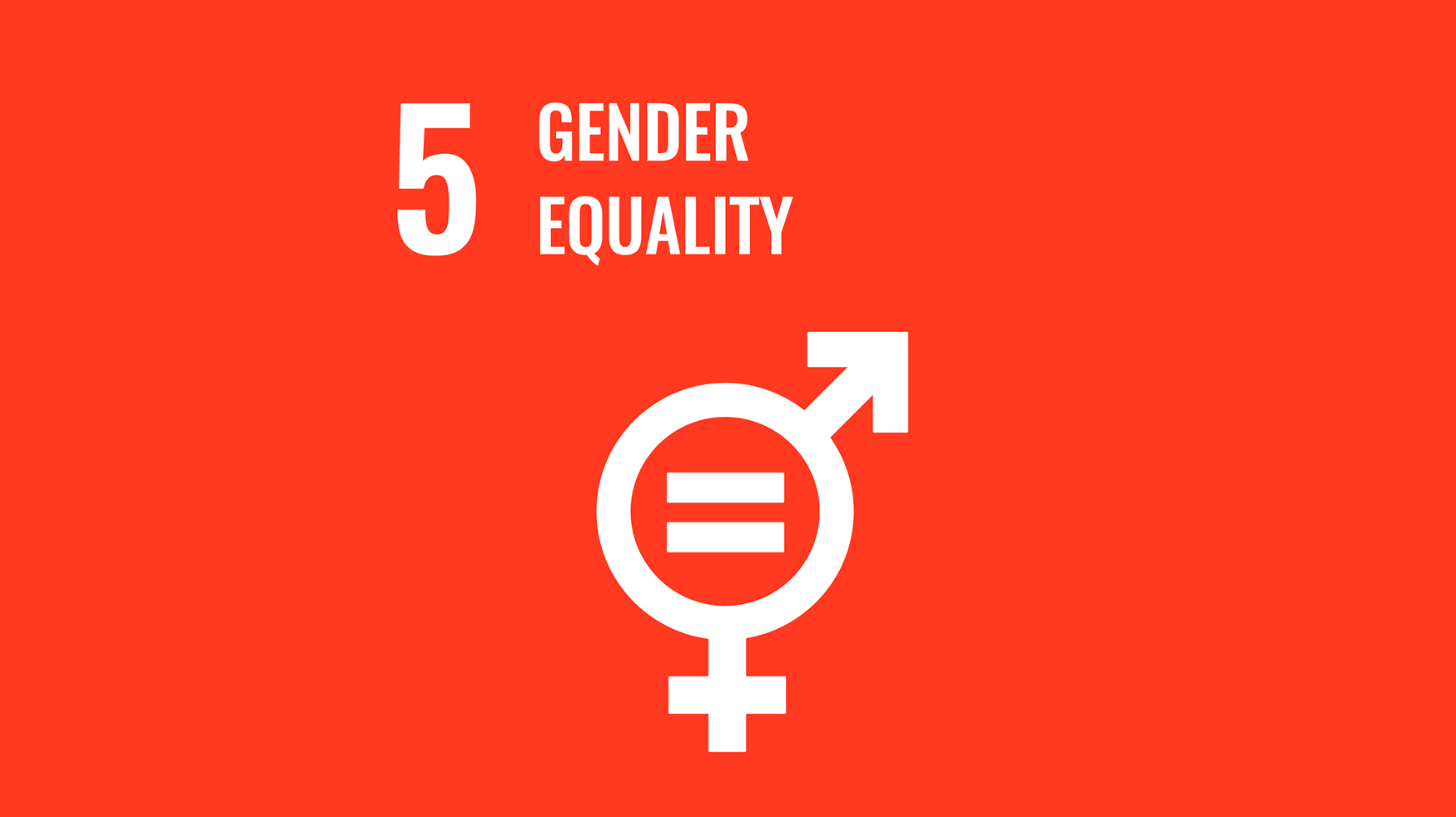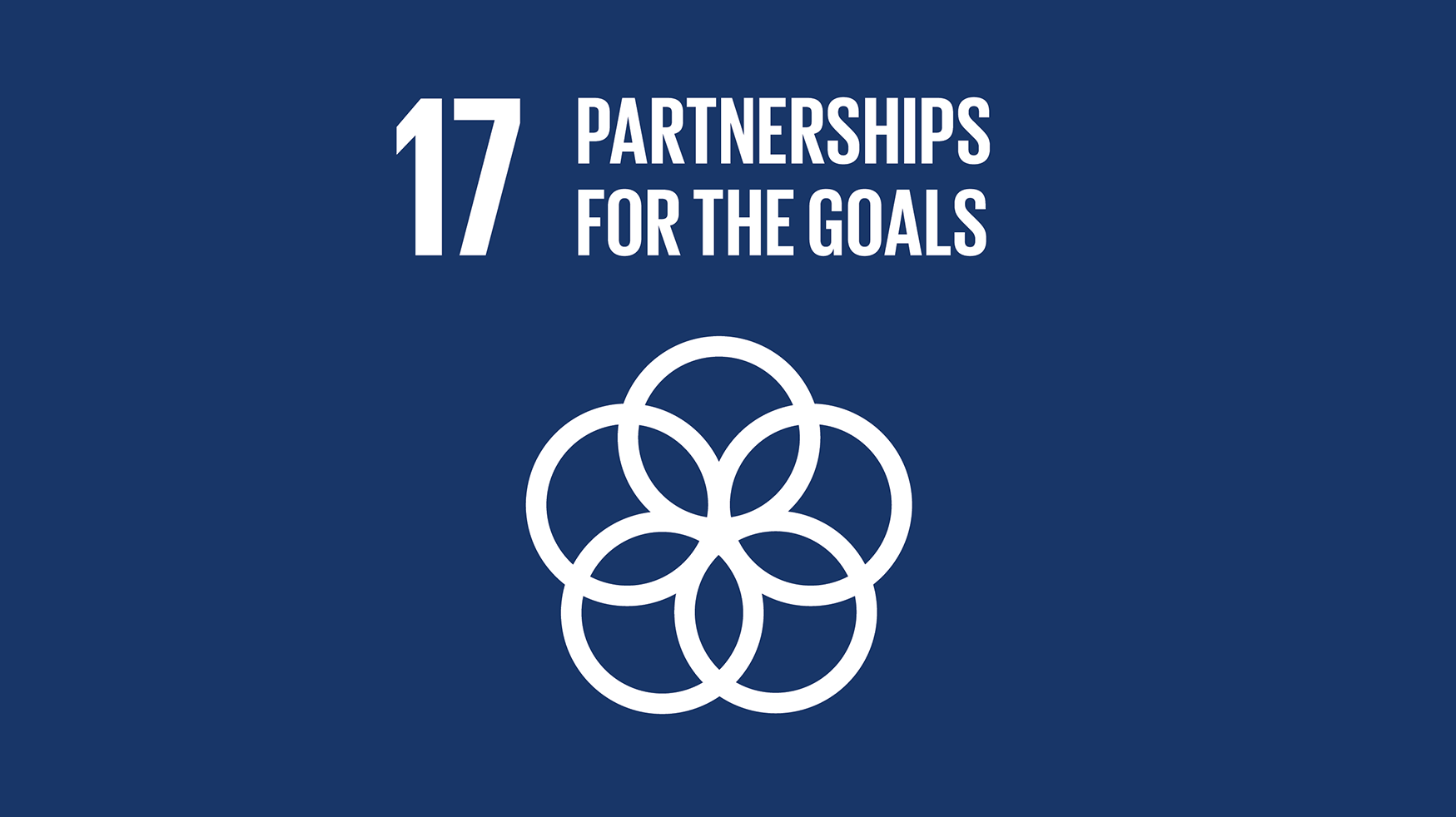
In 2023, Guyana allocated GYD 84.9 billion (approximately USD 409 million) to its healthcare sector, up from GYD 53.5 billion (about USD 256 million) in 2021, in line with its goal of achieving universal health coverage. To address challenges in resource allocation, access to quality care, and ensuring the sustainability of the health system, the government’s key priorities include expanding primary healthcare services, upgrading health infrastructure, and addressing health inequities, particularly in rural areas, prompting ongoing efforts to strengthen financial planning and improve service delivery.

The project, Enhancing Health Financing and Resource Allocation in Guyana, funded by the European Union under the Global Gateway Initiative, aims to support Guyana's health sector in advancing toward universal health coverage. By improving health financing mechanisms and optimising resource allocation, the project seeks to strengthen the country’s capacity to deliver equitable, high-quality healthcare services to all citizens.
This initiative builds on the strategic priorities outlined in Guyana's Health Vision 2030 and adopts a comprehensive approach to health planning and budgeting. Focusing on equity, gender equality, and the inclusion of marginalised communities, the project will address critical challenges in health resource management while ensuring its strategies are grounded in sustainability and human rights.
This project is aligned with the European Union's broader objectives of achieving universal health coverage worldwide, as part of its Global Health Strategy. For this reason, it emphasises:
- Capacity Building: Strengthening the technical expertise of the Ministry of Health and local stakeholders in financial planning and health resource allocation.
- Data-Driven Analysis: Providing robust analytical tools to support evidence-based decision-making in health financing and budgeting.
- Strategic Alignment: Ensuring that interventions align with international health goals and frameworks, such as the One Health approach and the PAHO/WHO Country Cooperation Strategy for Guyana (2023–2027).
Implementation
To support the Ministry of Health’s financial health planning process, NTU International has designed a structured and multi-phased approach, integrating meticulous data collection and stakeholder consultations. NTU will contribute by:
- Conducting a detailed analysis of health sector financial and economic data, including funding sources, expenditure trends, and financial management practices.
- Facilitating stakeholder engagement through interviews and consultations with policymakers, healthcare providers, and financial experts.
- Enhancing the capacity of health sector stakeholders by providing technical assistance and training.
- Developing alternative resource allocation methods and multiannual sector budgets, informed by cost-effectiveness and cost-benefit analyses.
- Delivering a roadmap for strengthening health financing processes, improving financial data collection and analysis, and supporting evidence-based decision-making.
Impact
Upon implementation, the project is expected to deliver:
-
Enhanced health financing frameworks by identifying inefficiencies and introducing sustainable and equitable financial models.
-
Improved resource allocation practices, ensuring health resources are distributed effectively and equitably to address critical needs.
-
Strengthened stakeholder capacity through tailored training programs and technical support to promote informed decision-making in health planning.
-
Integration of rights-based and gender equality principles into health financing policies to ensure inclusivity and equity.
-
A robust multiannual sectoral budget framework, aligning with national policies and international best practices for sustained impact.

SDGs:




